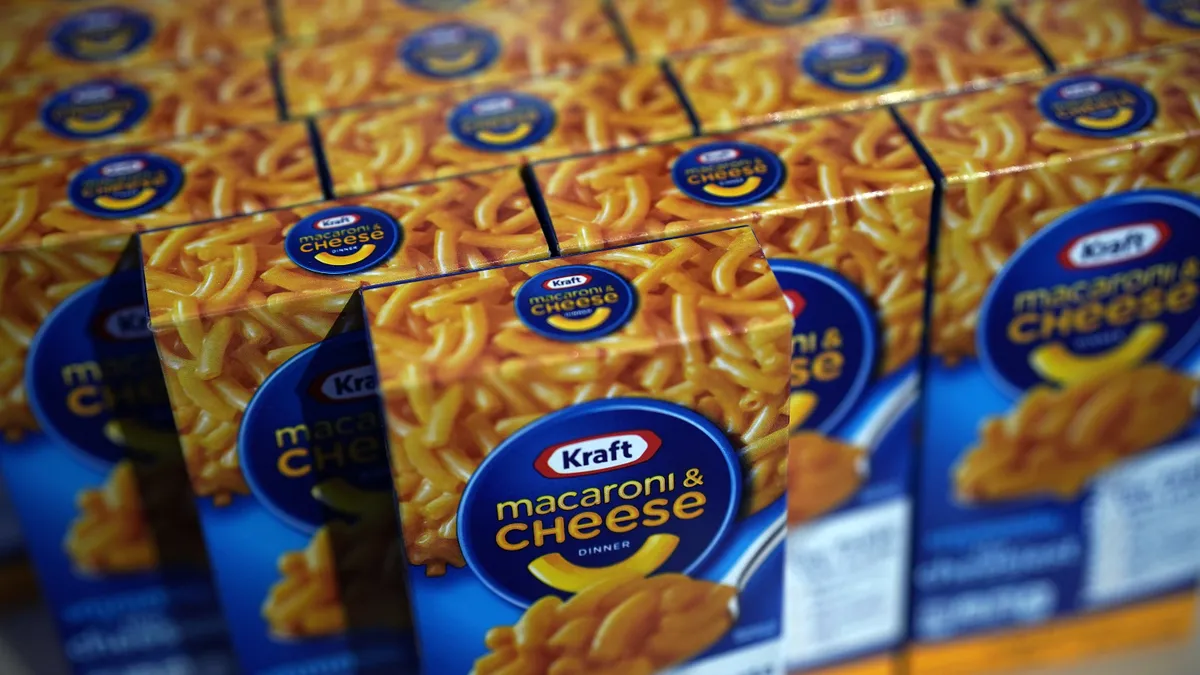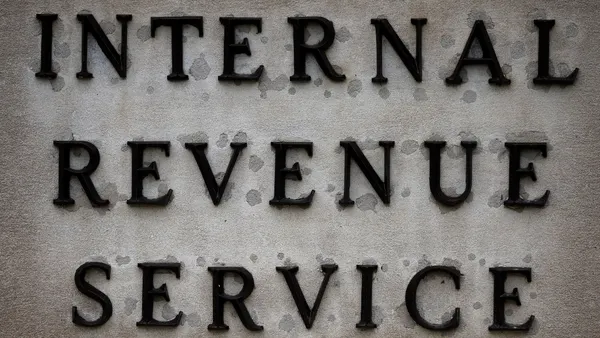The procurement team at the Kraft Heinz Company doctored the language in some supplier agreements to show lower cost-of-goods-sold (COGS) than actually existed, leading the finance and accounting team at the global food giant to misrepresent its financial performance, the Securities and Exchange Commission (SEC) says.
The company settled for a $62 million fine and has restated its financials.
"Kraft and its former executives are charged with engaging in improper expense management practices that spanned many years and involved numerous misleading transactions, millions in bogus cost savings, and a pervasive breakdown in accounting controls,” says Anita Bandy, director of the SEC’s enforcement division.
Trigger event
The 2015 merger between Heinz and Kraft Foods triggered a multi-year effort to manipulate supplier agreements because of forward-looking statements about cost saving that would result from the combination.
“The cost savings strategy, including its impact on costs of goods sold, was widely covered by research analysts at the time,” the SEC says.
Although the merger resulted in cost savings early on, by 2017, global economic conditions and other factors made it difficult for the company to meet all of its objectives.
“The cost of many ingredient and packaging supplies increased significantly due to adverse inflation and unfavorable foreign exchange rates,” the SEC says. "The combined impact of the increased raw material costs and savings already realized in prior years made it more difficult for procurement division employees to achieve additional, incremental savings in 2017 and 2018.”
Procurement employees, whose performance targets were tied to cost savings, negotiated almost 60 transactions with suppliers that were presented to the company’s controller group in misleading ways.
Misleading characterizations
In a number of “prebate” transactions, procurement staff negotiated with suppliers future-year commitments, like contract extensions and volume purchases, in exchange for savings discounts and credits. Under generally accepted accounting principles (GAAP), these savings were to be recognized in the future years in which Kraft Heinz met its commitments, but the staff worded the contracts in a way that allowed for the immediate recognition of the savings.
In one case, a supplier paid a $3.5 million prebate in exchange for Kraft Heinz signing a new 3-year contract. The agreement was later characterized as a non-refundable payment for purchases made that year and not tied to Kraft Heinz’s future performance under the contract.
In a number of “clawback” transactions, the procurement team negotiated upfront payments from suppliers that would be paid back through future price increases or volume commitments, but they obscured the repayment obligation in documentation provided to the controller group.
In one case, Kraft Heinz obtained a $4 million price reduction and $7.5 million in other efficiencies in exchange for committing to a new, 5-year contract for the purchase of new supplies. Those savings were booked in one year even though the supplier could later claw them back.
A third type of transaction involved price phasing, in which suppliers agreed to reduce their prices during a certain period in exchange for an offsetting future price increase, but the full nature of the arrangement was not communicated to the controller group.
These transactions, the SEC says, “created the illusion of immediate cost savings through price decreases from suppliers, but, in reality, were structured to include an offsetting price increase later in time.”
Personal responsibility
The SEC complaint singled out, and separately charged, the company’s chief procurement officer at the time, Klaus Hofmann, and its then-COO, Eduardo Pelleissone, for enabling the misleading information to get through the controller group and into the company’s financials.
“The accounting improprieties resulted in Kraft reporting inflated adjusted 'EBITDA,' a key earnings performance metric for investors,” the SEC says.
The company ended up correcting $208 million in cost savings and restating its financials.














